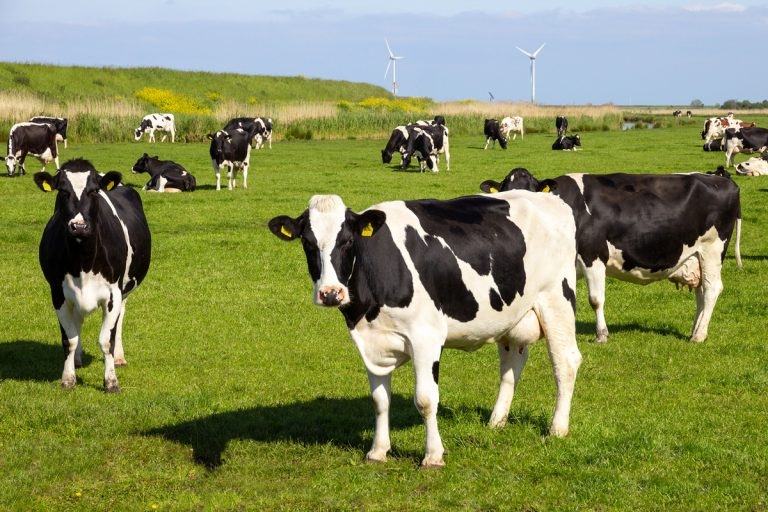10 Feb 2025
Testing continuing following the discovery in Kent, although no new restrictions introduced so far.

Image © VanderWolf Images / Adobe Stock
A new strain of the bluetongue virus has been detected in south-east England, officials have confirmed.
A single cow was confirmed to have the BTV-12 form of the virus in an update issued through Defra and the APHA on Friday (7 February).
The agencies said the infection was detected in Kent, within the restricted zone for bluetongue that covers more than 20 counties and administrative areas of England.
They added: “The case was detected as part of the annual bluetongue surveillance. This is the first time the serotype has been detected in the UK.
“No additional zones are currently planned, but the restricted zone will remain in place. Further testing and epidemiological investigations will be undertaken.”
Some bluetongue restrictions were lifted last month when the UK was assessed as having moved into a seasonally low vector period, meaning the risk of virus transmission was considered very low, although the restricted zone remained in force as a precautionary measure.
While several different bluetongue strains have been circulating in mainland Europe, the latest assessment of the risk from airborne midges, compiled by the APHA, The Pirbright Institute and Met Office and released before Christmas, said there had only been 12 BTV-12 reports in the Netherlands between 10 October and 12 December.
But the paper also warned that while some immunity to the BTV-3 strain, which has been responsible for most cases in the current outbreak, was anticipated, there was “no expected immunity” for BTV-12.
A total of 201 BTV-3 cases have so far been confirmed across England and Wales since the present outbreak began last August.